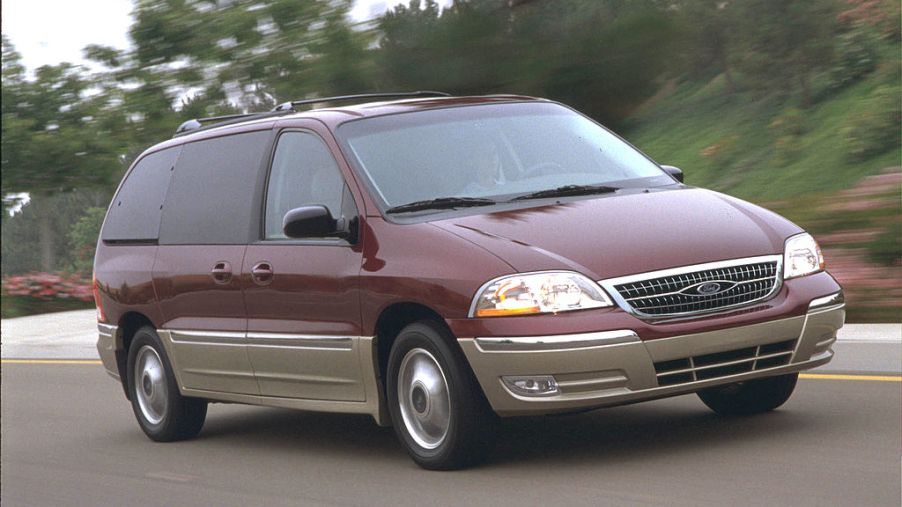
Is the Minivan Fad Over?
For decades, the minivan has been a staple in many families all over the country. Back in the day, the minivan was viewed as a must-have for anyone who already had or was planning on having a family of their own.
The vans were large enough to accommodate plenty of kids and their friends while also being able to comfortably haul a wide range of cargo, like sports equipment, band instruments, etc.
Here lately, however, it seems like minivan sales have gone down dramatically. So, why have so many families decided that the minivan is not for them anymore? Could it be that the minivan craze is actually over for good? Here is what we know about the fate of a vehicle that was once known as one of America’s most beloved form of family transportation.
How the minivan transformed the automobile industry
Back in 1983, Chrysler was on the verge of bankruptcy and other than the station wagon and the full-sized van, there wasn’t really a whole lot of options available for people who were looking for a good family vehicle. Then, Chrysler found a way to solve both of those problems at once, and thus, the minivan was born.
When the minivan had first hit the market, people went crazy for the new vehicles. Families were no longer forced to choose between fuel-efficiency and interior space. They could now have both, and they loved Chrysler for it. Chrysler had finally pulled itself out of the financial crisis that it was once facing and continued to dominate the minivan market for the next few decades.
It wasn’t long before other car manufacturers started to see how popular the minivan was and started to create different versions of the iconic family vehicle as well. Soon, it seemed as if almost every family in America was buying a minivan.
Are minivans still popular?
According to a recent study, the industry had hit its peak in sales in the mid-’90s. During that time, Chrysler was selling around 300,000 vans a year. Once the new millennium got here, sales started to decline a bit, but the biggest hit came after America was faced with a recession in 2008.
In 2009, Chrysler had only sold around 90,000 vans, which was an all-time low for the minivan inventor. Since 2009, sales had continued to gradually rise; however, sales are still not nearly as good as they were two decades ago.
While some auto manufacturers were able to see an increase in sales from 2017 to 2018, others were experiencing an extreme decline. In fact, the Toyota Sienna’s sales had fallen a dramatic 21% between 2017 and 2018. Overall, it just doesn’t seem like people are as interested in owning a minivan as they once were.
Why are sales on the decline?
There seems to be a wide range of reasons why many consumers have stopped buying minivans. One of the reasons may be the stigma that is attached to owning one.
According to The Globe and Mail, most people view the minivan as a vehicle that is owned by mainly soccer moms or middle-aged housewives. So consumers are afraid that if they owned a minivan, they would be viewed as one of those two things. Not that being a soccer mom or a middle-aged housewife is a bad thing, it just seems like more people prefer to drive something with a more modern look that doesn’t have any stigmas attached to it.
So, what do they preferred to drive instead? USA Today says that more people would rather drive an SUV or crossover. In recent years, SUV sales have begun to steadily rise. While not wanting to be viewed as a soccer mom may play a small part in the declining sales of minivans, it could be that people are starting to choose the SUV instead because it better fits their needs.
SUVs are both practical and spacious. And thanks to the ever-changing world of technology, many SUVs now come as either a hybrid or an all-electric vehicle. This means that modern SUVs are considerably more fuel-efficient than the minivan.
What does the future hold?
Minivan sales may be on the decline, but that does not mean that there isn’t still a need for them. Many auto experts still view the minivan as one of the “best means of people and cargo transportation.”
In fact, many automobile manufacturers are still rolling out new minivans each year. These new vans are equipped with new innovative features that help to make them more appealing to a wider range of people. So, it doesn’t look as if the minivan will be going anywhere anytime soon.


